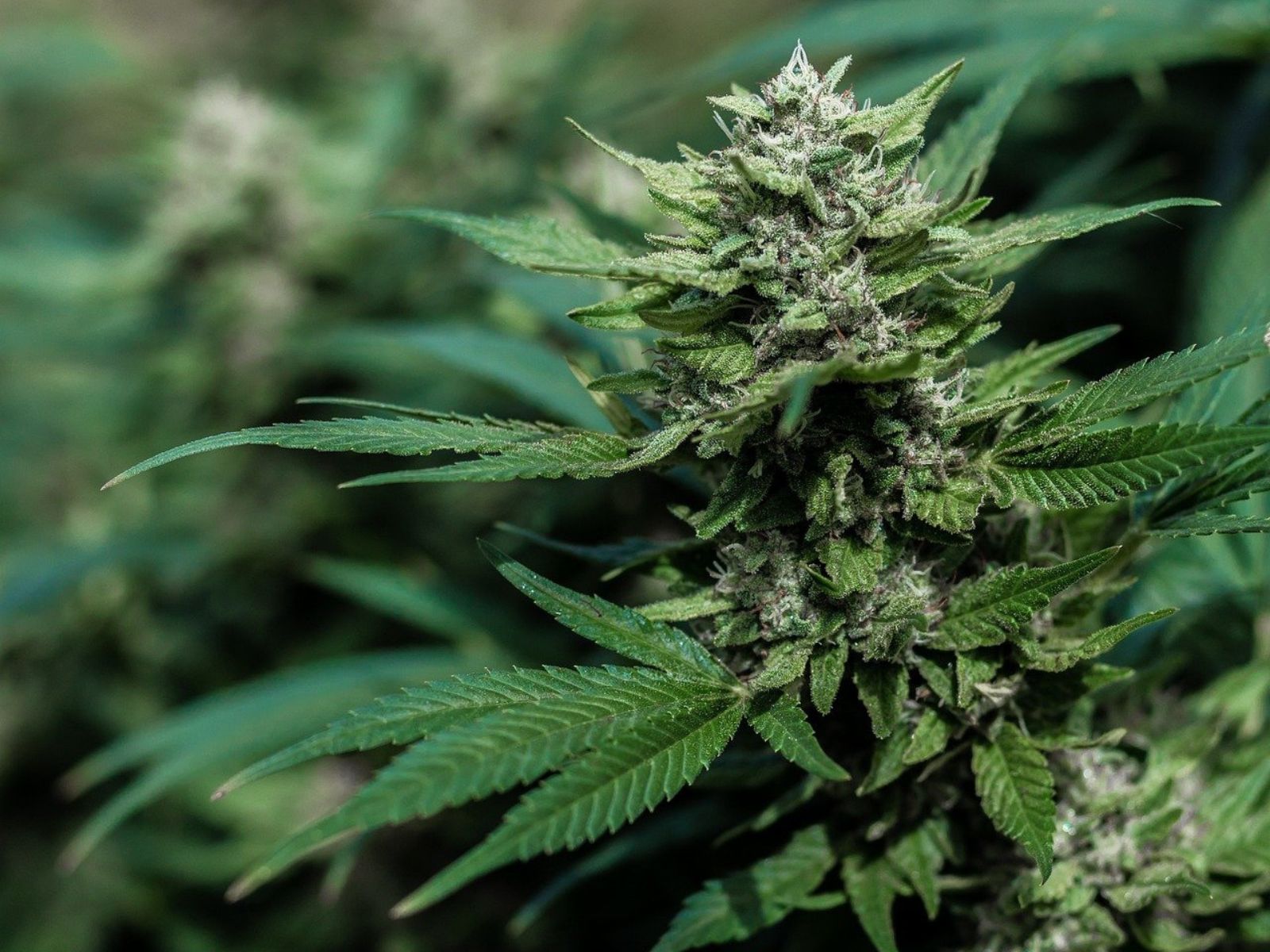
German Cannabis Legalization Would Obviously Benefit Public Safety Efforts

German Cannabis Legalization Would Obviously Benefit Public Safety Efforts
Late last week an article was published by Frankfurter Allgemeine in which the Vice President of the Federal Criminal Police Office (BKA) seemed to imply that law enforcement in Germany did not believe that adult-use cannabis legalization would result in a reduction in ‘drug-related crime.’
“Only a competitive offer could lead to the black market being reduced.” BKA Vice President Martina Link was quoted as saying in the article (translated from German to English), seeming to suggest that claims about adult-use cannabis legalization’s ability to boost public safety will not materialize in Germany. The comments made by Vice President Link were coupled with statistics about seizures of other substances (cocaine, heroin, and methamphetamines) as well as horror stories involving organized crime activity in other countries.
If you have advocated for cannabis reform for as long as I have, then you know that Vice President Link’s tactics are standard anti-cannabis propaganda. Law enforcement downplaying the benefits of legalization as they pertain to public safety is as predictable as law enforcement trying to spread isolated horror stories in an attempt to scare voters and lawmakers. It’s a tactic that has been used by cannabis opponents for decades. However, unfortunately for prohibitionists in Germany, there’s direct evidence to now point to in other jurisdictions that refute law enforcement’s claims.
Reductions In Crime
One thing that I hope is obvious to everyone, and directly contradicts law enforcement claims in Germany, is that when cannabis is legalized for adult-use and consumers are no longer treated like criminals, that in itself results in a reduction in crime rates. Cannabis consumers that would have otherwise been subjected to the criminal justice system are now allowed to proceed with their lives as normal. Using Canada as an example, in 2015 alone it’s estimated that roughly 49,000 cannabis charges were applied by law enforcement. Many, if not all, of those types of cases simply do not happen now, and that in itself is enough of a boost to the criminal justice system for law enforcement to get on board with legalization in Germany, as all of that frees up law enforcement to work on actual crime.
We now know from data out of another legal state in the U.S., Oregon (where I live), that clearance rates for violent crimes improved after adult-use legalization, presumably because law enforcement had more time to dedicate to fighting those types of crimes. Oregon voters approved a legalization measure in 2014.
“The finding largely aligns with the argument made by the proponents of marijuana legalization that legalization would improve police effectiveness in addressing serious crimes, and as a result would increase clearance rates and generate a crime deterrence effect.” the researchers concluded. The findings in that Oregon study are similar to determinations made in a separate study involving Washington State, which approved a legalization measure in 2012.
Yet another study found that lower crime rates likely go beyond the legal jurisdiction’s borders. A study conducted in 2020 found that, “the property crime rate and larceny rate experienced substantial decreases in the border counties in neighboring states relative to nonborder counties following the legalization in Colorado.” Colorado passed a legalization measure in 2012. Based on the available evidence, legalization is good for public safety efforts, which should seem logical to people examining the issue objectively.
Regulation Works
Coupled with some of the reefer madness talking points, Vice President Link also expressed a strong desire to combat organized crime, announcing that new positions would be created to address the issue. I would imagine that I am not the only person to see the irony in that stated position. It is no secret that when cannabis sales are prohibited, organized crime fills the void. It is also no secret, as is being demonstrated in real-time in the Western Hemisphere, that if regulated adult-use sales are permitted then some amount of consumers will make their purchases via regulated channels, and that, in turn, directly hurts organized crime’s bottom line.
If law enforcement officials in Germany truly believe that organized crime benefits from unregulated cannabis sales, which it sure seems that they do, then they should be leading the calls for regulated sales to launch. No, the unregulated cannabis market will never be eliminated, just as unregulated alcohol and tobacco sales are not eliminated in Germany. However, that is not to say that legalization should be scrapped as a result. Some amount of adult-use purchases being made in a regulated system will always be better than no amount of adult-use purchases being made in a regulated system.
Law enforcement in Germany, taking their concerns at face value, should be making the argument that German legalization needs to be constructed in such a manner that it keeps regulated prices as low as reasonably possible in order to compete with the unregulated market in a meaningful way. Instead, sadly, they seem to be making the claim that if 100% of the unregulated market can’t be eliminated, then legalization shouldn’t be pursued at all, which is not sensible.
Cannabis legalization is good for public safety for a multitude of reasons, and one of the primary beneficiaries of legalization is law enforcement. Cannabis prohibition is a failed public policy that uses up limited law enforcement resources – resources that would be better focused elsewhere. Any minute that law enforcement spends investigating a cannabis offense is a minute that could be used to investigate violent crime. Courts should be conducting hearings for actual crime, not cannabis activity. Adult-use legalization in Germany will make things easier on both of those fronts, and anyone that claims otherwise is likely benefitting financially from prohibition.
Share article


Share article
Join Our Awesome Community
Join Our Awesome Community
Join Our Awesome
Community
Get all the latest industry news
delivered to your inbox







